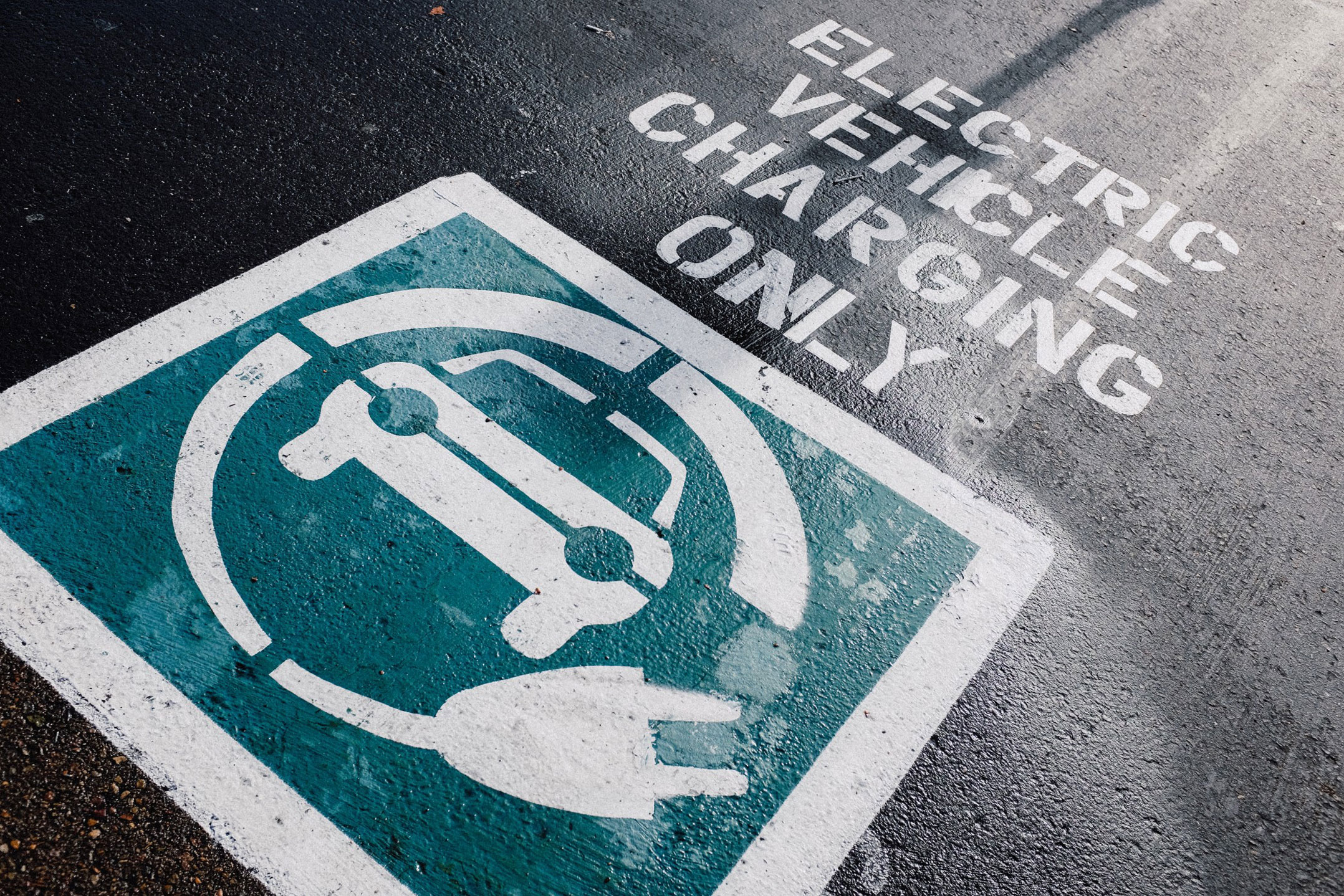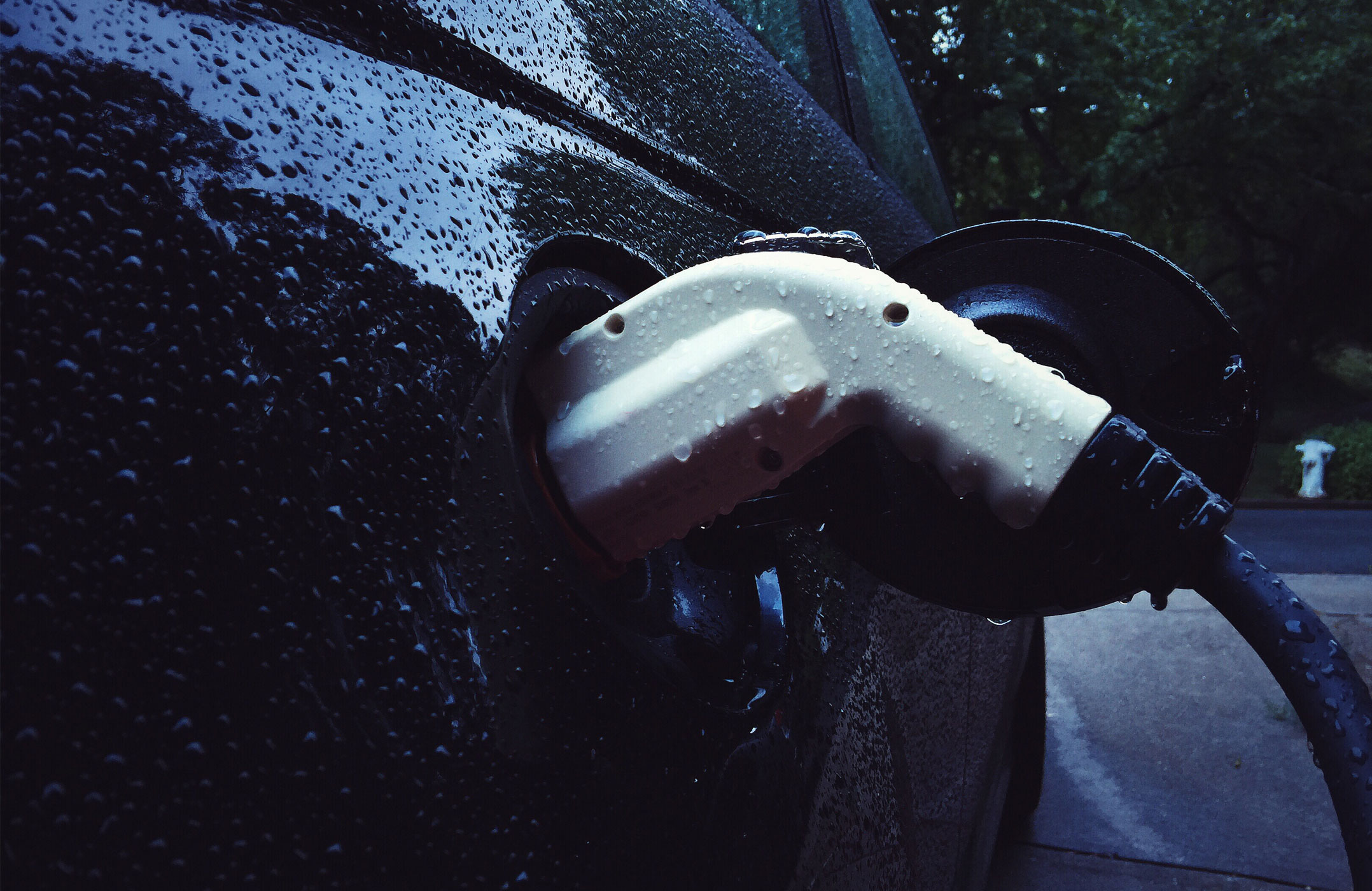 Electric vehicles are a powerful weapon in the world’s battle to beat global warming, yet their impact varies hugely from nation to nation, and in some places they pollute more than petrol models, data analysis shows.
Electric vehicles are a powerful weapon in the world’s battle to beat global warming, yet their impact varies hugely from nation to nation, and in some places they pollute more than petrol models, data analysis shows.
In Europe, where sales are rising the fastest in the world, EVs in Poland and Kosovo actually generate more carbon emissions because grids are so coal-reliant, according to the data compiled by research consultancy Radiant Energy Group (REG).
Elsewhere around Europe, however, the picture is better, though the relative carbon savings depend on what supplies grids and the time of day vehicles are charged.
Best performers are nuclear and hydroelectric-powered Switzerland at 100% carbon savings relative to petrol vehicles, Norway 98%, France 96%, Sweden 95% and Austria 93%, according to the study.
Laggards are Cyprus at 4%, Serbia 15%, Estonia 35% and the Netherlands 37%. An EV driver in Europe’s biggest car manufacturer, Germany, which relies on a mix of renewables and coal, makes a 55% greenhouse gas saving, the data also showed.
In countries like Germany and Spain with big investment in solar and wind, lack of renewable energy storage means the amount of carbon saved by driving an EV depends heavily on the time of day you recharge.
Charging in the afternoon — when sun and wind are more prevalent — saves 16-18% more carbon than at night when grids are more likely to be fuelled by gas or coal.
Challenges
The analysis, based on public data from Europe’s transmission system operator transparency platform Entso-E and the European Environment Agency (EEA), came ahead of Wednesday’s discussions on transport at the Cop26 summit.
It showed how the car industry’s ability to reduce emissions depends on finding better ways to decarbonise electricity grids and store renewable energy — challenges many European countries have not yet overcome.
Lithium-ion batteries are only able to store energy at full capacity for up to around four hours, meaning even countries sourcing significant amounts of solar and wind power during the day struggle to keep it on tap for nighttime charging.
Until consistent, low-carbon energy is available across the region, EV drivers keen to reduce their footprint and engineers designing charging infrastructure need to take these disparities into account, the German- and US-based REG researchers said.
Electricity has the capability of decarbonising transportation in a way that internal combustion engines never will
“Electricity has the capability of decarbonising transportation in a way that internal combustion engines never will,” said researcher Sid Bagga.
“But the carbon impact of electrification varies dramatically depending on a country’s energy mix. Countries must adopt credible and achievable electricity decarbonisation strategies if the EV transition is to be a success.”
The gulf in emissions between electric and petrol-powered vehicles has fallen in recent years as automakers cognisant that they would need to meet EU carbon reduction targets while still selling majority internal combustion engine cars made their engines more fuel efficient.
As a result, the carbon intensity of newly registered petrol-powered cars in Europe fell an average of 25% between 2006 and 2016, according to EEA data.
 EV sales in Europe are propelled by government subsidies and regulations against new internal combustion engine (ICE) cars from 2035. One in five vehicles sold in Europe last quarter were electrified, and consultancy Ernst & Young expects sales of zero-emission models to outpace ICEs in absolute terms by 2028.
EV sales in Europe are propelled by government subsidies and regulations against new internal combustion engine (ICE) cars from 2035. One in five vehicles sold in Europe last quarter were electrified, and consultancy Ernst & Young expects sales of zero-emission models to outpace ICEs in absolute terms by 2028.
Automakers including General Motors, Stellantis and Volkswagen have set targets to sell mostly or exclusively electric vehicles in Europe in coming years, with GM committed to an electric European line-up by 2022 and Volkswagen aiming for 70% all-electric sales by 2030.
REG’s study was based on data from 1 January to 15 October 2021. It compared emissions from charging an electric vehicle matching a Tesla Model 3 efficiency to drive 100km with emissions generated by fuelling the average petrol-powered vehicle the same distance.
Countries where charging an electric vehicle is over 85% cleaner than driving a petrol-powered car tend to be those with a consistent low-carbon energy supply source, namely hydroelectric or nuclear.
Even then, there are no hard-and-fast rules on which energy source at what time leads to lowest carbon supply across the EU: For example, in Sweden wind blows more at night.
Charging an EV in Ireland, which sources 46% of its energy from renewables, saves roughly the same proportion of carbon as in Moldova, which sources 94% of energy from gas, the study found, because Ireland’s backup fossil fuels are more carbon intensive.
“Ireland produces a higher amount of zero-carbon electricity than Moldova, but it also gets about 13% of its electricity from oil (1.8x dirtier than gas), 9% from coal (2.3x dirtier than gas) and 3% from peat (2.6x dirtier than gas),” Bagga said. — Reported by Victoria Waldersee and Ally Levine, (c) 2021 Reuters

